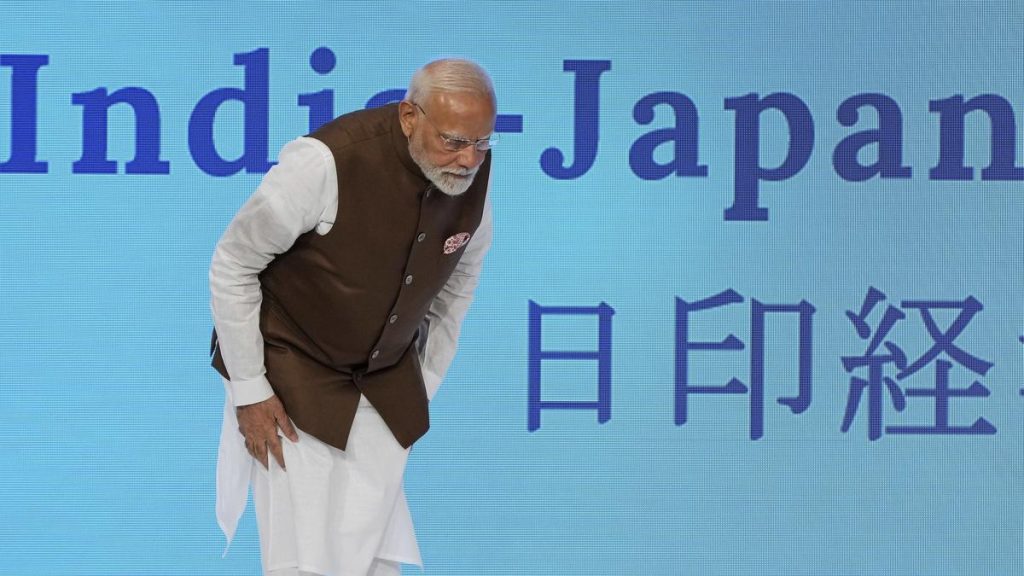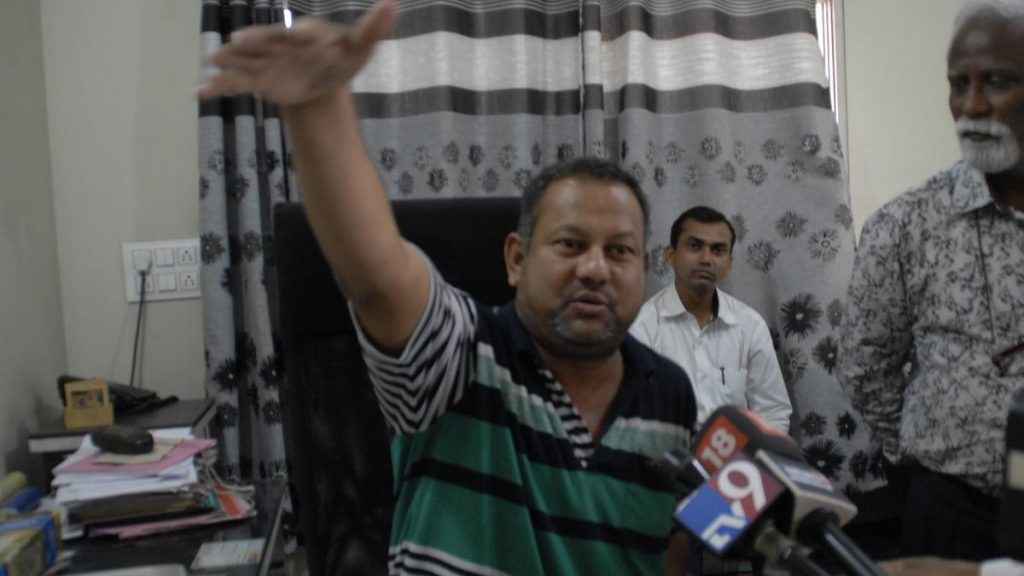Now Reading: Delhi, Jaipur Among Least Safe; Mumbai, Kohima Rank Safest for Women: NARI Report
-
01
Delhi, Jaipur Among Least Safe; Mumbai, Kohima Rank Safest for Women: NARI Report
Delhi, Jaipur Among Least Safe; Mumbai, Kohima Rank Safest for Women: NARI Report
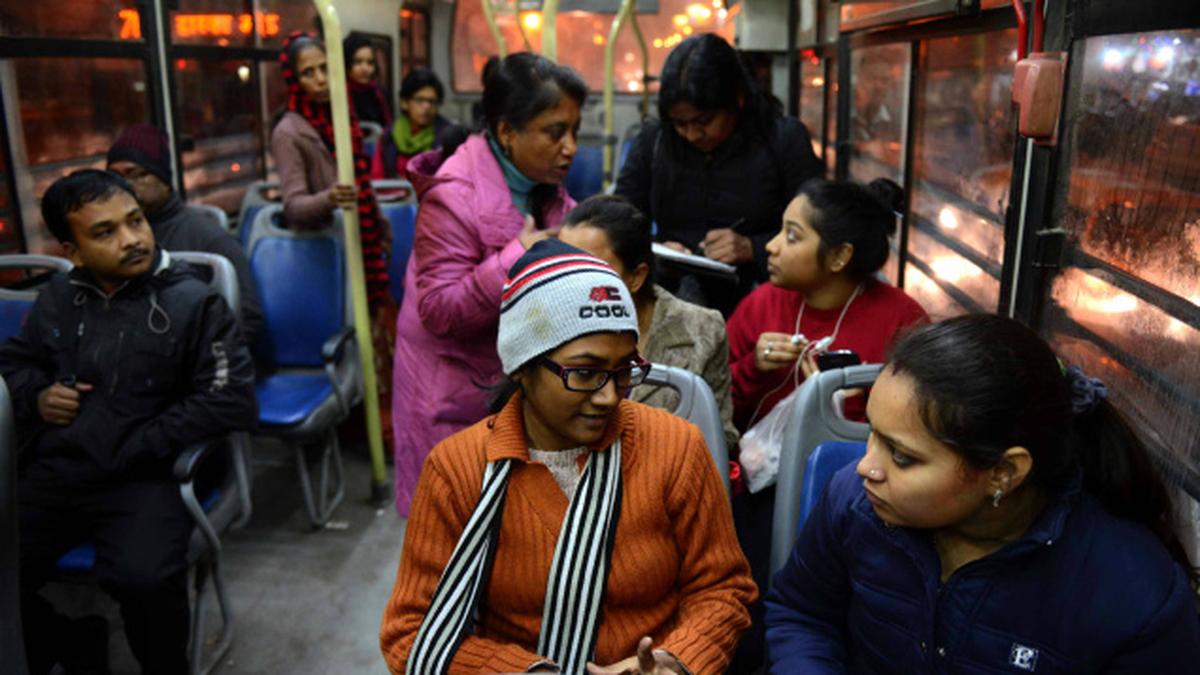
Rapid Summary:
- Kohima, Visakhapatnam, Bhubaneswar, Aizawl, Gangtok, Itanagar, and Mumbai were ranked as the safest cities in India for women by the National Annual Report and Index on Women’s Safety (NARI) 2025.
- Patna, Jaipur, Faridabad, Delhi, Kolkata, Srinagar and Ranchi ranked lowest due to weaker institutional responsiveness and patriarchal norms.
- The index surveyed 12,770 women across 31 cities with a national safety score at 65%. Roughly six in ten women felt “safe,” while 40% reported thay felt “not so safe” or “unsafe.”
- Safety perceptions drop sharply at night in areas like public transport and recreational spaces. Educational institutions are regarded as mostly safe during daylight hours.
- Seven percent of women experienced harassment in public spaces in 2024; this increased to 14% for those under age 24. Neighbourhoods and public transport are noted harassment hotspots but only one-third report incidents.
- Cybercrime is flagged as another growing concern that impacts women’s lives daily alongside economic discrimination and workplace harassment issues.
- Initiatives including more female police personnel (33% in union territories),CCTV coverage in smart cities,women’s helplines,improved safety networks at railway stations/bus depots have shown promise per National Commission for Women (NCW) chairperson vijaya Rahatkar.
Indian Opinion Analysis:
The NARI Index sheds light on the complex dimensions of women’s safety across Indian cities. While it highlights commendable progress made by certain urban centres such as Kohima or Mumbai through infrastructure improvements or equitable gender systems within governance frameworks-major gaps persist nationwide. The report emphasizes the distinction between legal crime records versus perception-based surveys of lived experiences-a highly crucial observation indicating that official data may substantially underreport these realities due to societal barriers against coming forward.
The disparity between top-performing cities compared to those lower-ranked underscores an urgent need for systemic change rather than piecemeal solutions-both structurally via law enforcement reforms/community engagement alongside grassroots work tackling cultural obstacles tied deeply Patriarchy internet-recordkeeping data alongside physical-digital domain acts vital role basis safeguarding households workspaces reporting consistency intersectionlagermissing-tabs inclusivity


